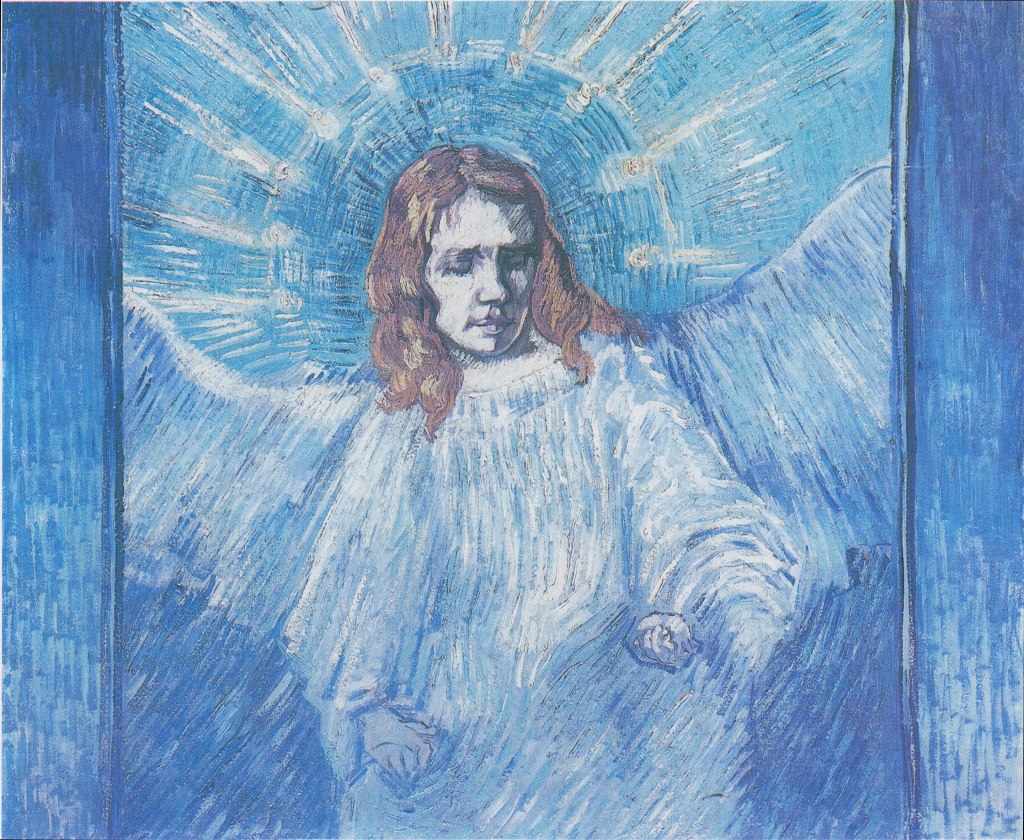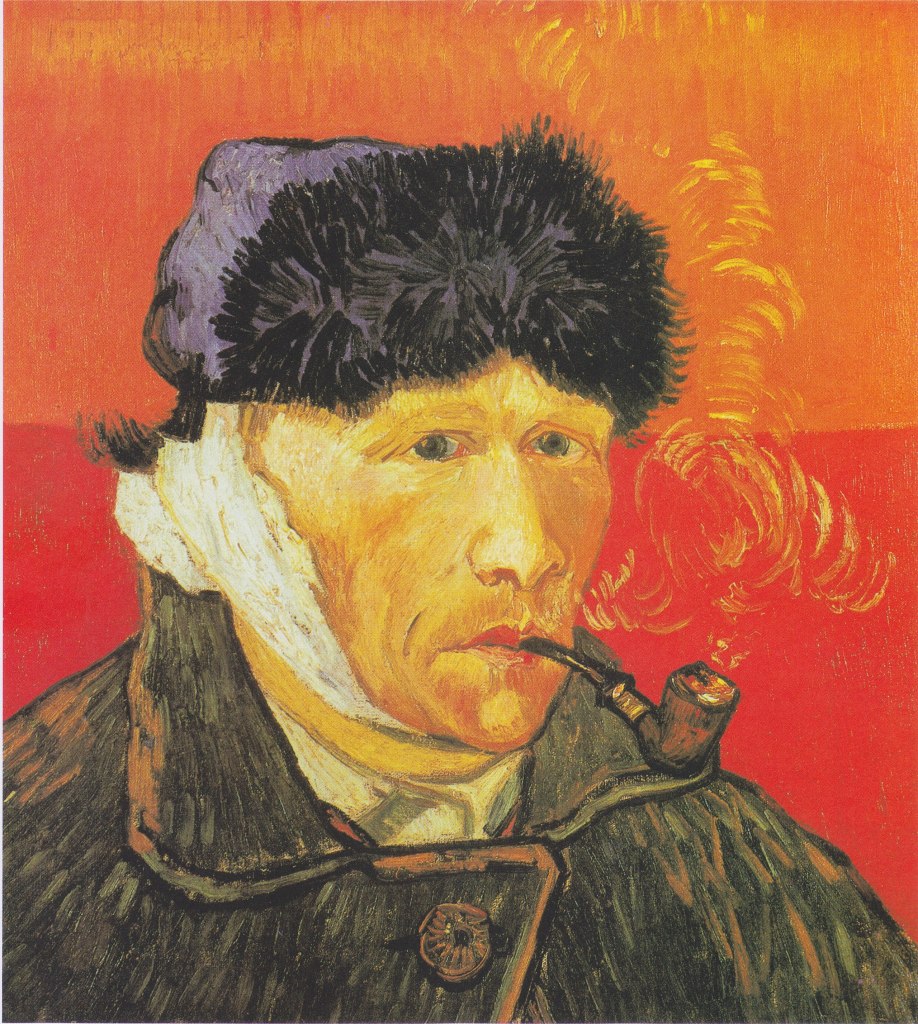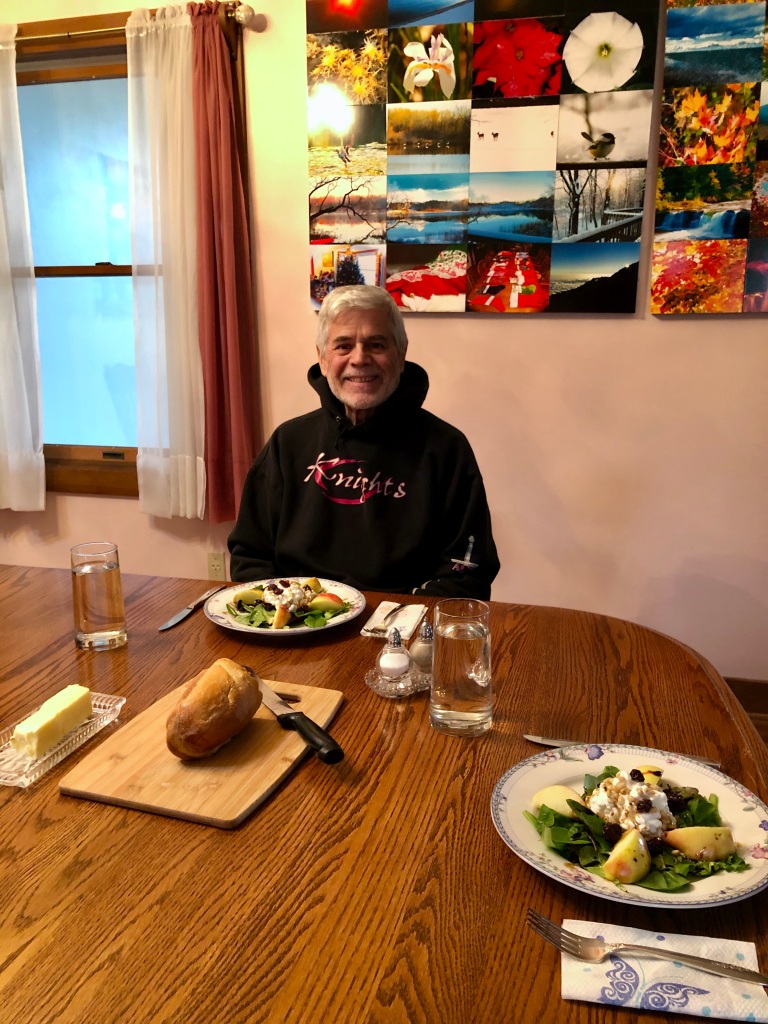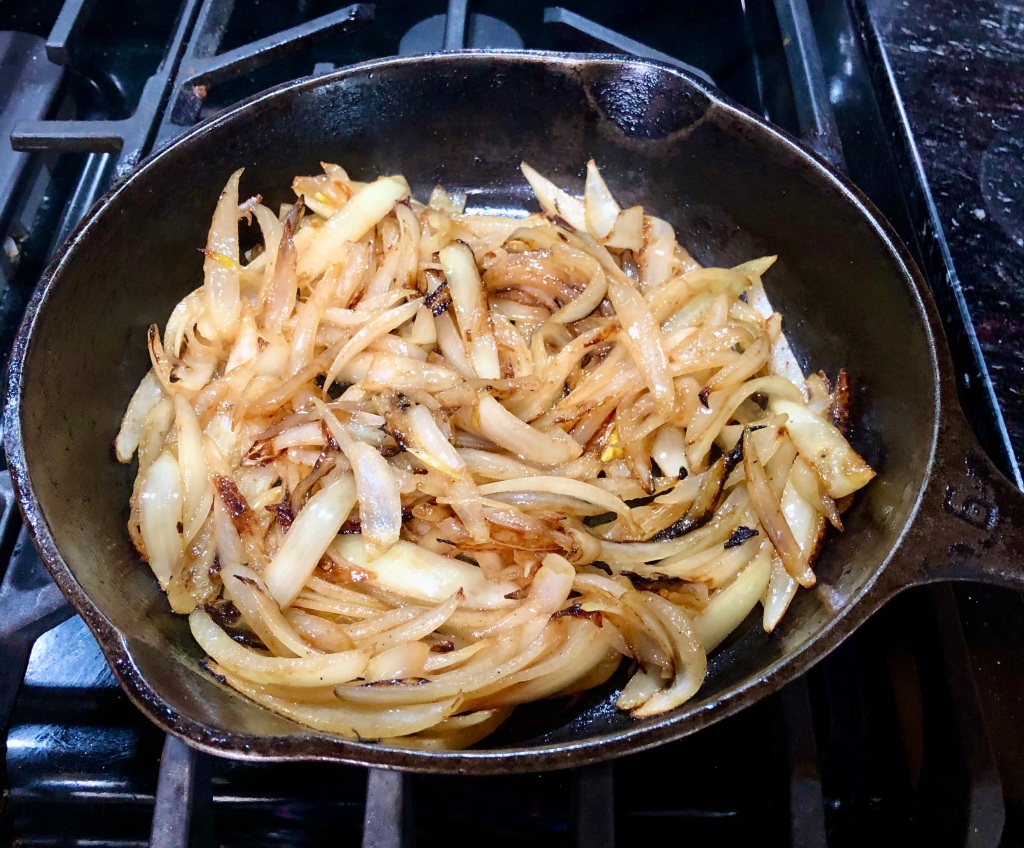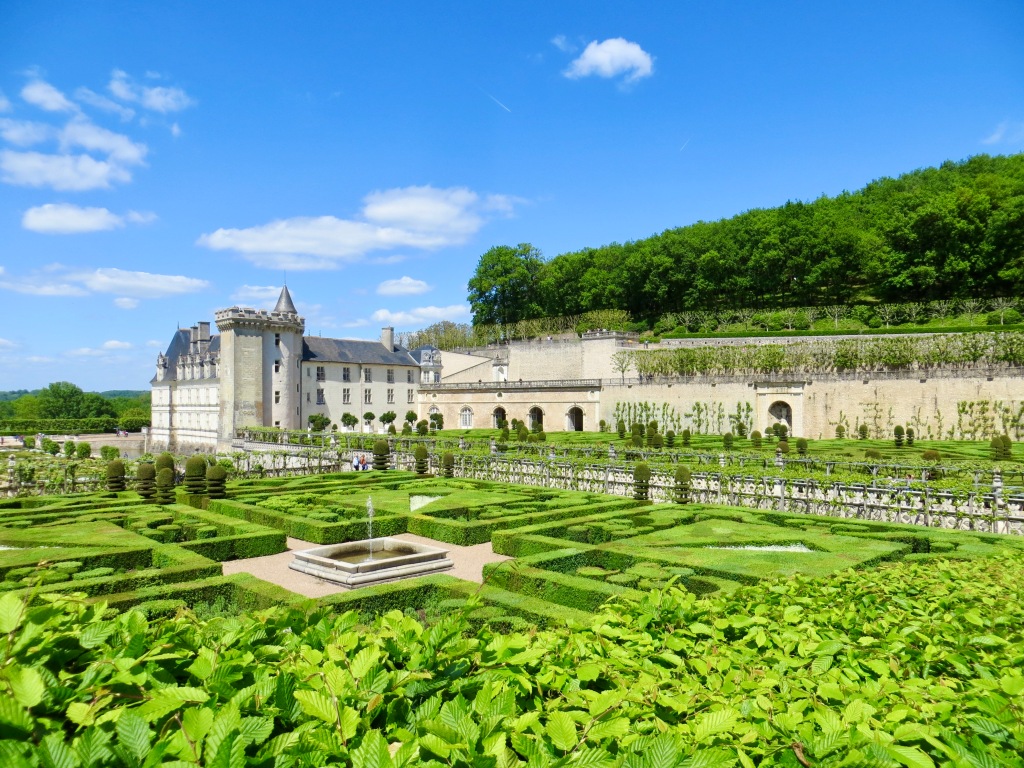
Do you believe coronavirus is a plague or a hoax, a health issue or a political issue, a world-wide medical crisis or a conspiracy to unravel social fabric? How about this one: Do you believe cornonavirus is the deterministic result of random chance playing out over billions of years, or do you believe there is a sovereign God who has intentionally ordained coronavirus as a plague to afflict our entire world for some positive purpose? If you believe the former, then there’s nowhere to go with thinking about COVID except to avoid it as much as possible and hope you’re not one of those who will be wiped out by it.
On the other hand, if you believe in God—and all the more if you believe in a GOOD God who actually LOVES his creation (as the Bible teaches), then suddenly COVID is not simply a disease to avoid, it’s a challenge to face and understand. It’s a God-thing and a moral issue! Why would a good God allow a bad virus to plague the world like a death angel? Sounds like something straight out of the Old Testament, doesn’t it? In fact, the word “plague” is used 107 times in the Bible (KJV) and there is never a case where the plague is attributed to random chance or accidental causes. God accepts responsibility for plagues, and He gives this stern warning: “And if ye walk contrary unto me, and will not hearken unto me; I will bring seven times more plagues upon you according to your sins” (Leviticus 26:21).
God sends plagues when people turn their backs on God, stop obeying his commands, and intentionally disobey him. Can believers escape from plagues? I think to some extent. Moses wrote during the time of the Egyptian plagues, “Because thou hast made the Lord, which is my refuge, even the most High, thy habitation; There shall no evil befall thee, neither shall any plague come nigh thy dwelling” (Psalm 91:9-10 ). However, in most instances when the Lord sent plagues, everybody was effected. King David had this to say, “For all the day long have I been plagued, and chastened every morning” (Psalm 73:14).
There will be plagues until the end of time as we know it. Look at this dire prediction of the future: “The rest of mankind, who were not killed by these plagues, did not repent of the works of their hands nor give up worshiping demons and idols of gold and silver and bronze and stone and wood, which cannot see or hear or walk, nor did they repent of their murders or their sorceries or their sexual immorality or their thefts” (Revelation 9:20-21, ESV).
For whatever reason, the COVID plague has become a polarizing political issue, but I think this is totally misdirected. Instead of arguing over what, why, when, or how, let’s accept it for what it is: It’s a monster. I’m dedicated to obeying our authorities, praying for our leaders to make wise decisions. . . but also trusting that God is allowing all this for our ultimate good. So, it’s a monster with the potential to be manna. (“Manna” means “what is it?,” and manna became life-sustaining bread for the Israelites as they wandered through the wilderness.)
How dare I suggest that a world-wide pandemic could be for “good”? Well, if God is “good” by definition (and I believe He is), and if the Bible is God’s Word (which I also believe it true), then I have to accept what the Bible teaches: “And we know that all things work together for good to them that love God, to them who are the called according to his purpose” (Romans 8:28).
Will I change my mind when someone close to me dies of COVID? No; I trust not, because death isn’t the worst thing that can happen to us. What’s worse? Jesus taught, “And fear not them which kill the body, but are not able to kill the soul: but rather fear him which is able to destroy both soul and body in hell” (Matthew 10:28). The worst thing that can happen to us—the thing we should fear, is not physical death but never experiencing spiritual rebirth and the gift of eternal life.

One of the most profound books I’ve ever read is Miracle on the River Kwai, by Ernest Gordon, which is an account of his life as a prisoner of war forced to help build the bridge over the River Kwai during World War 2. It was a horrifying story as you can imagine (although tactfully told). At the end of the book, two soldiers, as they’re steaming their way back into the safe harbor of London, comment that they wouldn’t exchange their experience for anything in the world. How could that be? Because through the agony they experienced the ecstasy of God’s love and saving faith in Christ. I wish everybody could read this book!
Finally, let’s remember these truths as we face the COVID challenge:
God plagues (chastens) his children: “If ye endure chastening, God dealeth with you as with sons; for what son is he whom the father chasteneth not?” (Hebrews 12:7)
God chastens (“disciplines”) those he loves: “My son, do not despise the Lord’s discipline or be weary of his reproof, for the Lord reproves him whom he loves, as a father the son in whom he delights” (Proverbs 3:11-12, ESV).
God’s purpose for allowing plagues is to bring us to repentance: “Those whom I love, I reprove and discipline, so be zealous and repent” (Revelation 3:19, ESV).
How should we respond to this plague?
Repent: “Repent ye therefore, and be converted, that your sins may be blotted out, when the times of refreshing shall come from the presence of the Lord” (Acts 3:19).
Pray: “Lord, in trouble have they visited thee, they poured out a prayer when thy chastening was upon them” (Isaiah 26:16).
Endure patiently: “My son, despise not thou the chastening of the Lord, nor faint when thou art rebuked of him” (Hebrews 12:5).
Keep our eyes on God’s goal, which is to purify us and make us happy: “Now no chastening for the present seemeth to be joyous, but grievous: nevertheless afterward it yieldeth the peaceable fruit of righteousness unto them which are exercised thereby” (Hebrews 12:11). “Behold, happy is the man whom God correcteth: therefore despise not thou the chastening of the Almighty” (Job 5:17).



